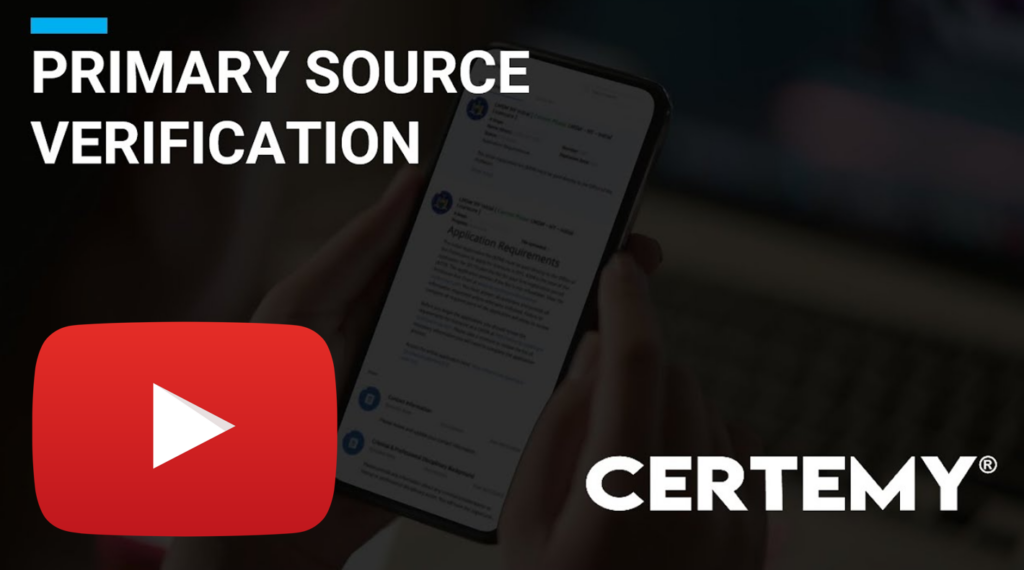
License Verification Tool | Certified Transport Registered Nurse
As transport registered nurses (RNs) move through their careers, many states require them to maintain an occupational license in good standing. Primary source verification (PSV) puts organisations in control of the entire process, allowing them to quickly verify the status of licenses, renew credentials before they expire, and make sure all personnel have required qualifications to perform professional duties.
Regulatory compliance is critical for RNs and their employers. Primary source verification helps organisations manage this process precisely and with confidence. In this article, we?ll discuss why primary source verification is important, describe the process, and outline the benefits for RNs and their organisations.What is Primary Source Verification?Primary source verification (PSV) is the process of verifying the validity of an individual?s occupational licensure credentials. To do this, the designated governing authority must receive and approve an individual?s application for licensure, then send a confirmation or certification letter to the individual indicating that they are licensed to practice.This process can be time-consuming and cumbersome. It often requires multiple steps, including filing an application, passing a criminal background check, providing references, and providing proof of educational and professional qualifications. All these steps must be individually verified, and all applicants must meet specific qualifications to qualify.To expedite the process, many organisations are leveraging PSV technologies like Certemy to automate the verification process. These technologies make it easy to identify and track all license holders in a database, and generate real-time alerts when credentials are about to expire or are sworn or suspended.Benefits of Primary Source Verification for Transport RNsPrimary source verification can provide essential benefits for RNs, as well as the organisations they work for. Let?s look at a few of the key advantages:Increases Employee RetentionOrganisations that use PSV to verify qualifications and accreditations help to ensure that all personnel meet licensure requirements. This reduces the possibility of hiring an unlicensed or improperly credentialed individual and increases the chances of hiring the best talent available.In addition, advanced PSV systems allow organisations to quickly track and renew expired credentials, eliminating the need for employees to spend time researching and renewing their own credentials. This helps to promote employee retention, as RNs no longer have to worry about their licensure status or worry about renewing their credentials.Enables Organisations to Reduce LiabilityPSV technology can help organisations reduce the risk of liability by quickly verifying that the RNs they hire meet the necessary qualifications. This eliminates the possibility of an organisation hiring an unlicensed or improperly credentialed individual, which could result in a costly lawsuit and severe regulatory penalties.Additionally, with the latest PSV technologies, organisations are able to easily track and renew expired credentials, preventing potential liabilities before they occur.Promotes Regulatory ComplianceHaving a PSV system in place helps organisations remain in compliance with the latest regulations and maintain a good standing with governing authorities and third-party organizations. This technology allows organisations to monitor their staff and stay up to date with all licensure requirements, ensuring that all personnel meet the necessary qualifications for their roles.Last ideasPrimary source verification is an invaluable tool for RNs and their organisations. It helps employers quickly verify credentials, verify qualifications, and ensure that all personnel meet necessary licensure requirements. It can also help organisations reduce Office of Inspector General (OIG) audits and improve the overall effectiveness and efficiency of RN licensure compliance processes.Topics:

